An absolute hit for small pools is the Penguin mini heat pump. Customers appreciate its attractive price, unusual design and, above all, its ease of installation. Unlike other pumps, this one does not require a bypass and is ideal for pools set up on allotments, for example. 20 m3 is the maximum volume that the Penguin can handle. It is therefore worth installing it in pools with smaller volumes.
For more 'conservative eyes', Fairland has launched the Comfortline MINI pump. Its small size, the lack of need to install a bypass and its minimalist yet modernistic design will encourage users. The pump has a good COP, looking at its size
For a 35 m3 pool, we recommend opting for the Hewalex PCWB 10 kW pump. The higher power will reward you with better performance. The pump can be connected directly to the existing water circuit, without any additional equipment. The PCWB heat pump can be used for any type of swimming pool, whether it's a solid construction, a frame pool, inflatable pool etc.
A slightly more expensive option is the Fairland INVERTER PLUS inverter pump. These units have a very high COP, yet the operating noise can be likened to a refrigerator running. These pumps are "monobloc" pumps, i.e. compact pumps that contain all components in a single housing.
For larger pools, it is worth looking exclusively at inverter pumps. That's why it's worth looking at the Hewalex PCWBi model. These pumps use modern inverter rotary compressors. Infinitely variable regulation of the heating power makes it possible to adapt the operation to the momentary heating needs, but also to further reduce the noise level of the operating device. The PCWBi pump is characterised by a relatively high COP and at the same time an attractive price.
Also worth considering for a 50 m3 pool is the Fairland INVERTER - PLUS pump. It has a very good COP and guarantees a long service life.
The last proposal is a pump for the most demanding users. The Fairland INVER X is a top-of-the-range unit with inverter technology. The pumps of the IXCR series provide fast heating of water. The TURBO function makes it possible to achieve up to 120% efficiency. In addition, it uses TurboSilence technology, making it extremely quiet.





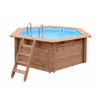
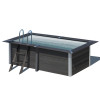
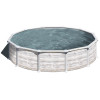
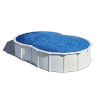
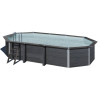
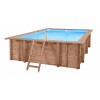
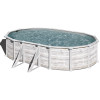
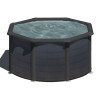








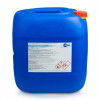
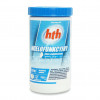
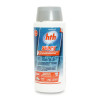
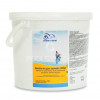
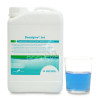
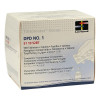





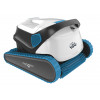
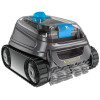
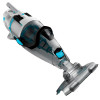
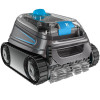
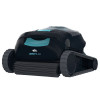
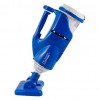




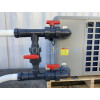
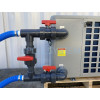
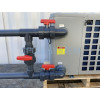











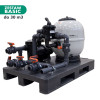
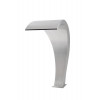
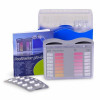
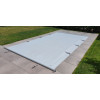

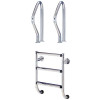










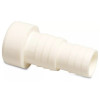
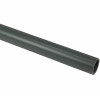
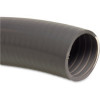
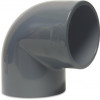
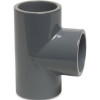
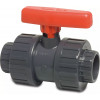
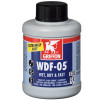
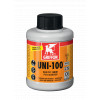







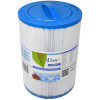
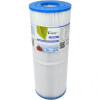
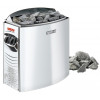

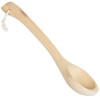
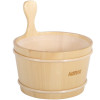
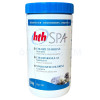
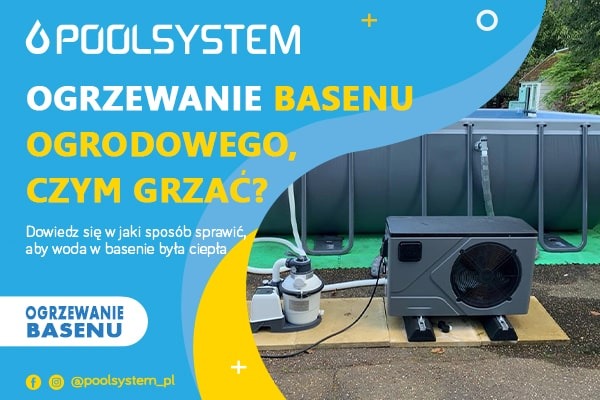

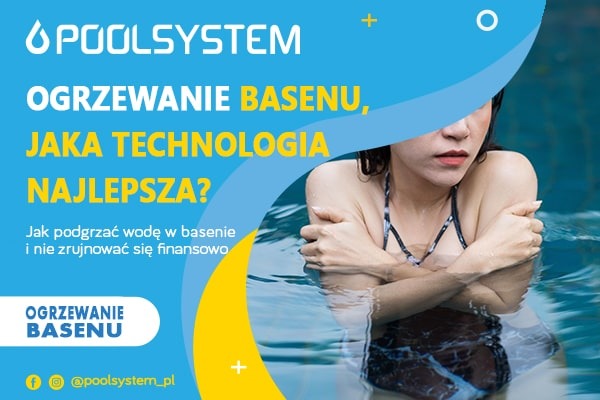
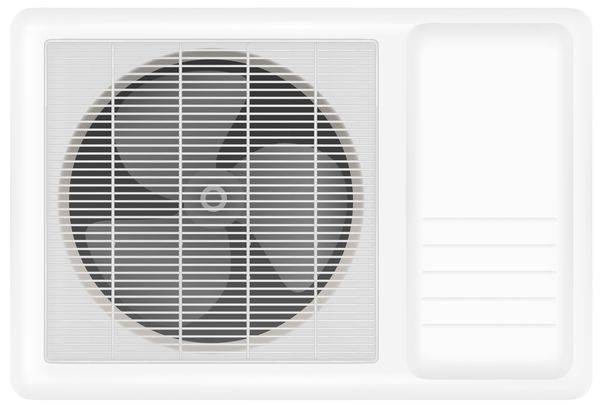
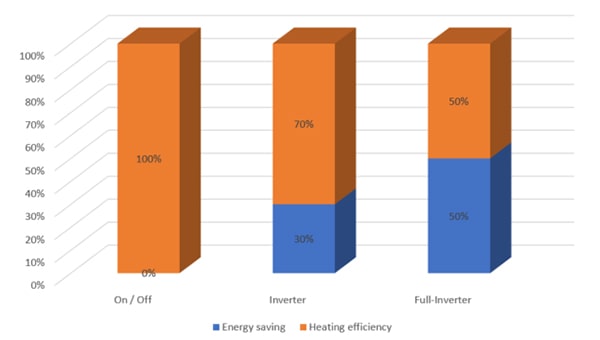
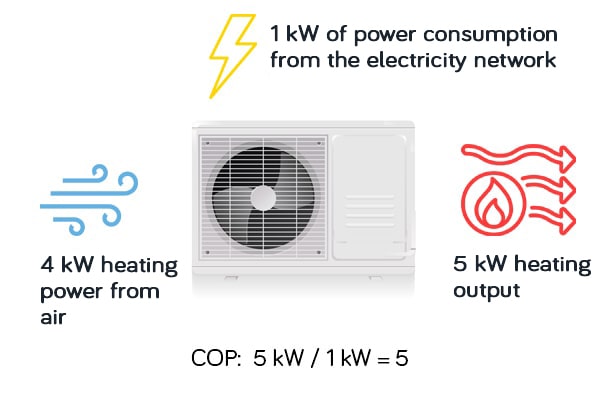
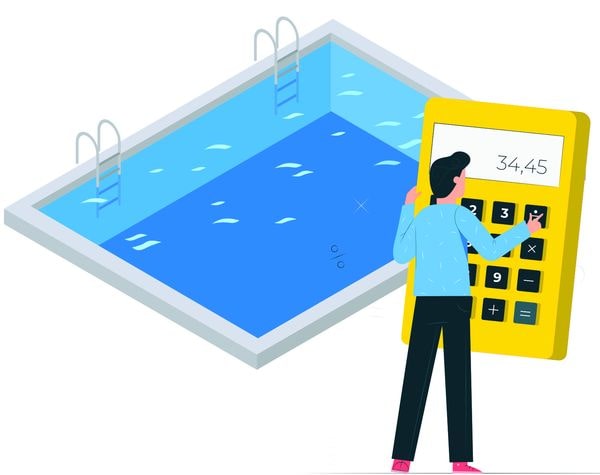




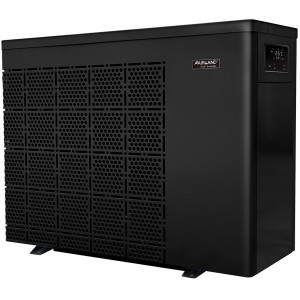

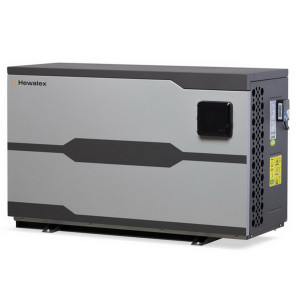

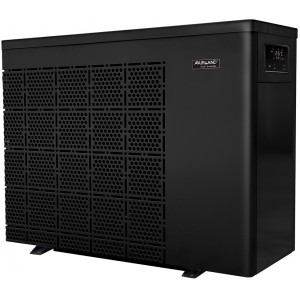

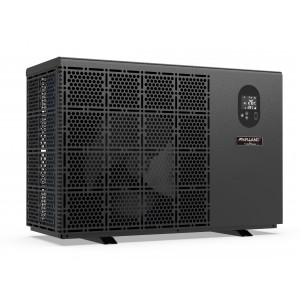




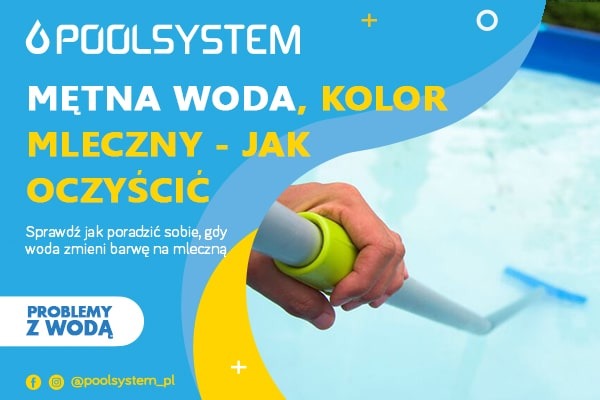
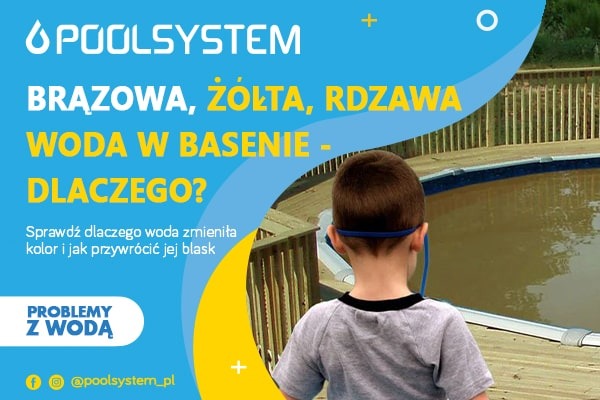
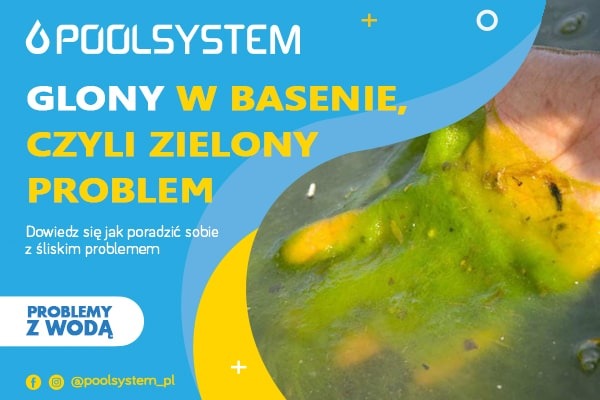

Comments (0)